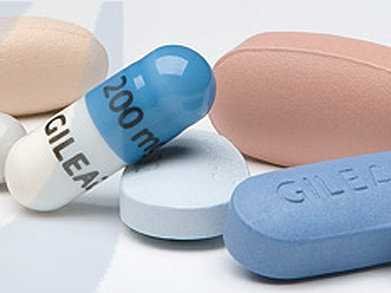Nestle’s underlying sales increased 4.4% during the first nine months of fiscal 2013, driven by 3.0% volume growth and 1.4% higher prices. While concerns surrounding slowing growth in some emerging markets have circulated throughout the consumer products industry, Nestle’s performance was again skewed toward developing regions (up 8.8%, and about 45% of consolidated sales), while developed markets remain lackluster (up just 1.1%).
The European business in particular remains soft, posting just a 0.7% increase in organic sales, which partly reflects the pass-through of lower coffee prices. However, we can’t deny that macro conditions in the region remain a struggle (and are unlikely to abate over the near term). From our view, though, the fact that Nestle is intent on enhancing its on-the-ground presence around the world to ensure it understands the local consumer is a plus.
With a diversified product portfolio that includes 20 brands that have more than CHF 1 billion in annual sales, combined with vast economies of scale (as the largest packaged-food firm in the world), Nestle’s overall financial performance is protected from weakness in any single category, in our view; the depth and breadth of its product set have enabled it to gain favorable shelf space at retailers and charge premium prices for many of its products, all of which support our wide moat.
Management still anticipates full-year organic sales growth to come in around 5%, which is in line with our expectations. We don’t intend to make any material changes to our fair value estimates of CHF 70 per share and $75 per ADR, and at a modest discount to our fair value estimate, we view it as relatively attractive in an industry where cheap stocks are tough to find. For investors wishing to gain broad exposure to the consumer staples industry, Nestle may be an appropriate holding.
Discover more from Tech News
Subscribe to get the latest posts sent to your email.










